Odin, Lord of the Aesir r/norsemythology
Æsir. The collective name of the principal Norse gods who lived in Ásgarðr.At the beginning of time, the Æsir fought a war with the Vanir, and the truce led to the incorporation of both into a single unified group of gods.. In Gylfaginning, Snorri Sturluson has Gangleri ask Hárr who the Æsir are. In the subsequent chapters Hárr enumerates the twelve male Æsir: Odin, the highest and the.
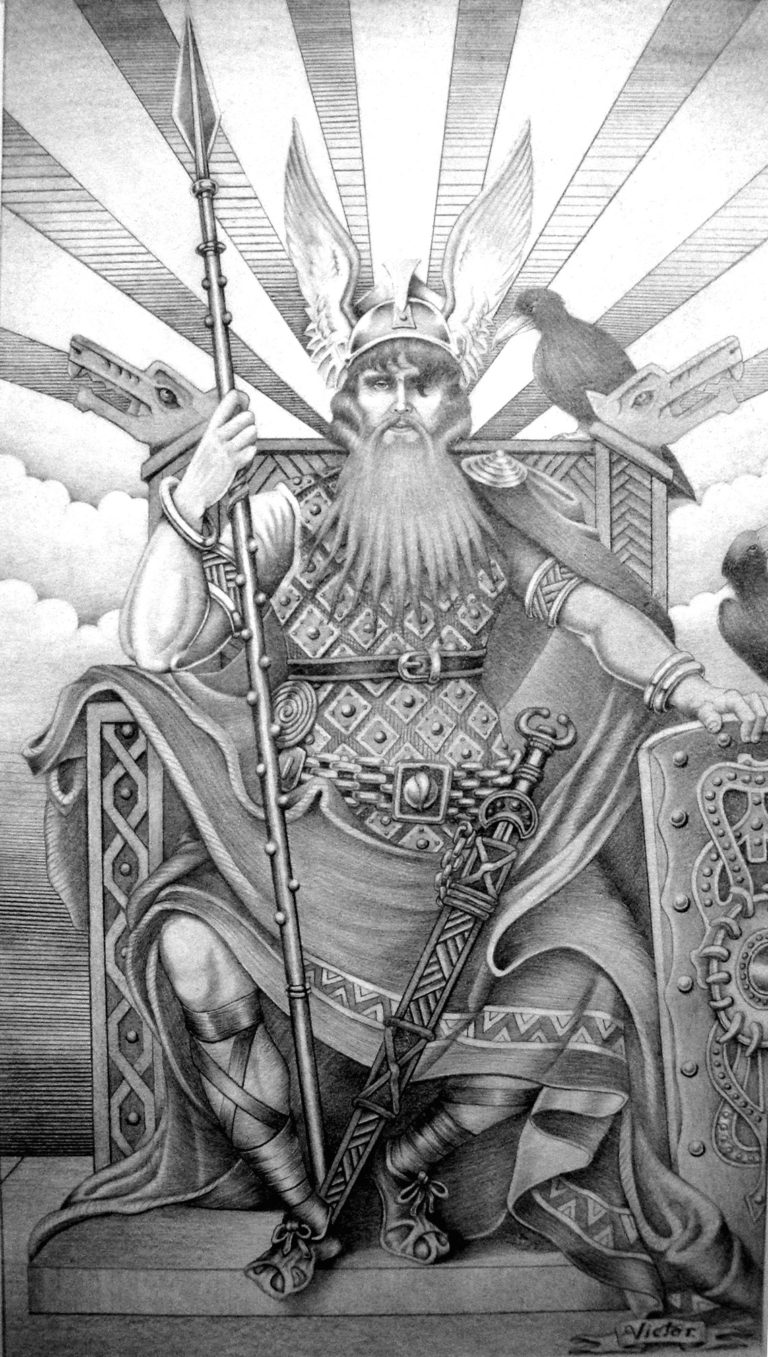
NORSE GODS ÆSIR Ýdalir
The name Asgard (Old Norse: Ásgarðr) comes from two words: Firstly āss, which means "god" (referring to the inhabitants of Asgard), that are members of the Aesir tribe). Then secondly garðr, meaning "fence or enclosed area.". That makes sense and points to the special place on the branches of the world tree Asgard has.
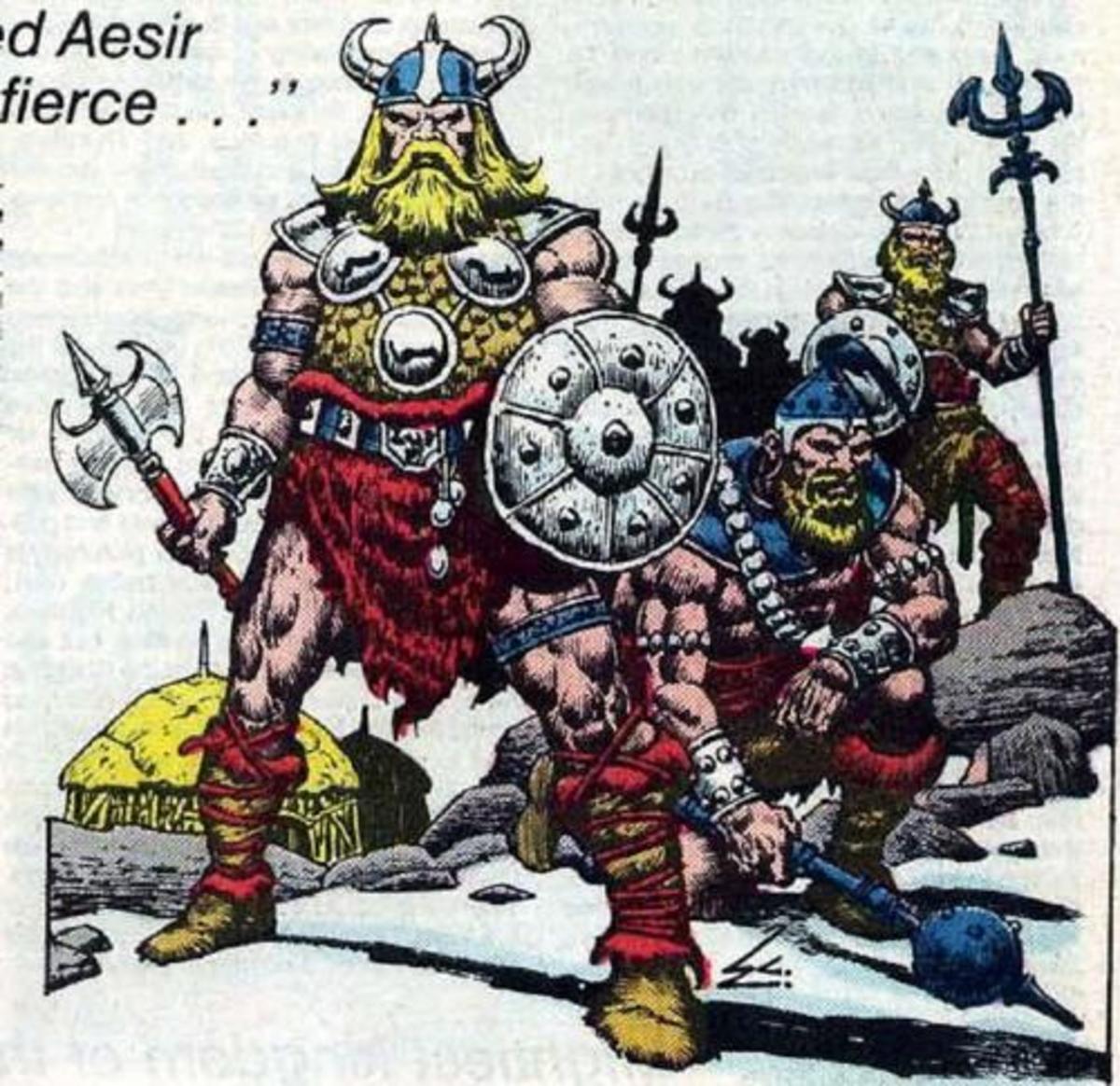
Meet the Aesir the Norse Gods of the Heavens HubPages
The Aesir (Old Norse Æsir or Old High German Ansleh) are the principal race of gods in Norse mythology. The Aesir live in Asgard: a realm gilded with gold and bathing in light. The Norse gods and the implications of the world tree Yggdrasil are integral to understanding the religion of northern European peoples.
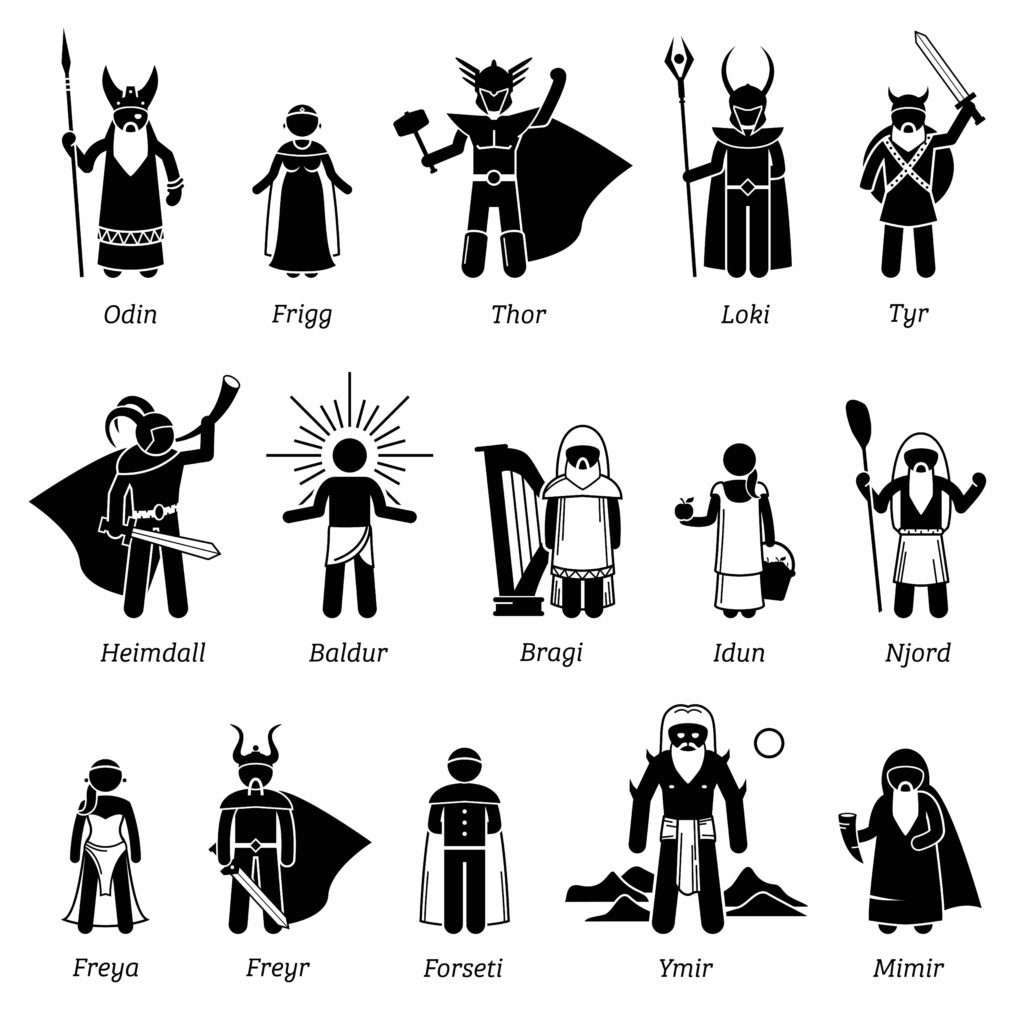
The Aesir and the Vanir Divine Tribes of the Norse Nine Worlds ULC Blog Universal Life Church
The Aesir are the main gods in Norse mythology, with Odin being the ruler of the gods. He is the god of wisdom, poetry, and war, and is often depicted as a one-eyed man wearing a blue cloak. Odin's brothers are Vidar and Vili, and his sons are Baldur and Thor.

Norse mythology What you need to know about the Æsir The Viking Herald
In Norse mythology, a significant conflict known as the Aesir-Vanir War punctuates the narrative, a discord that took place between the two pantheons of deities - the Aesir and the Vanir. This war is an important chapter in the mythology, underlining the friction and subsequent reconciliation between the two divine factions.

The AesirVanir War Norse Mythology for Smart People
In Old Nordic religion and mythology, the precise meaning of the term "Æsir" is debated, with it being able to refer to both the gods in general or specifically to one of the main families of gods, in contrast to the Vanir, with whom they waged war, ultimately leading to a joining of the families.

Aesir & Vanir Gods & Goddesses of the Vikings dInfinity Classical Mythology, Norse Mythology
The Aesir (pronounced "ICE-ir"; Old Norse Æsir for multiple gods, Ásynjur for multiple goddesses, Áss for one god, and Ásynja for one goddess) were one of the two main tribes of deities venerated by the pre-Christian Norse. (When referring to a group of deities that included both male and female divinities, the masculine plural "Aesir" was used.)
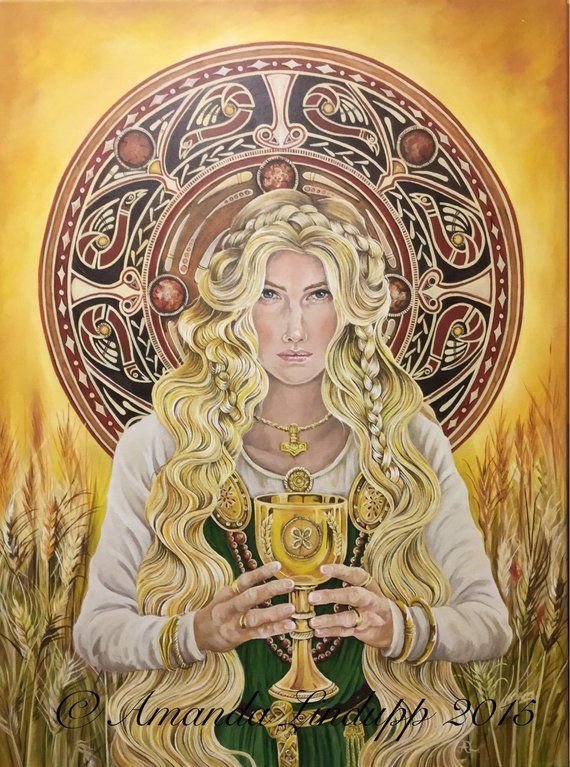
Meet The Norse Gods Part 1 The Aesir 🔨⚡ Mythology & Cultures Amino
The ancient Norse mythology is a rich tapestry of gods, goddesses, and mythical realms. One of the captivating aspects of this mythology is the profound conflict between the Aesir and Vanir gods. This conflict holds great significance in shaping the Norse cosmology and its narratives. Ancient Norse Mythology
Norse Mythology series Aesir gods Part 1
The Norse people believed in two groups of gods, the Aesir and the Vanir. The Aesir are generally considered to be the dominant of the two groups. They appear in more myths, have more detailed stories, and are invoked more often in written records. In fact, the most popular Vanir gods are often counted among them.

Aesir & Vanir Gods & Goddesses of the Vikings dInfinity Gods and goddesses, Viking goddess
In Old Norse, the Æsir are the principal gods of the Norse pantheon. Although the Vanir form another tribe containing gods, "Æsir" is often used in Old Nordic literature to represent the two groups. The principal members of the pantheon are Odin, Thor, and Loki. Æsir is pronounced "ice-ear" with stress on the first syllable.
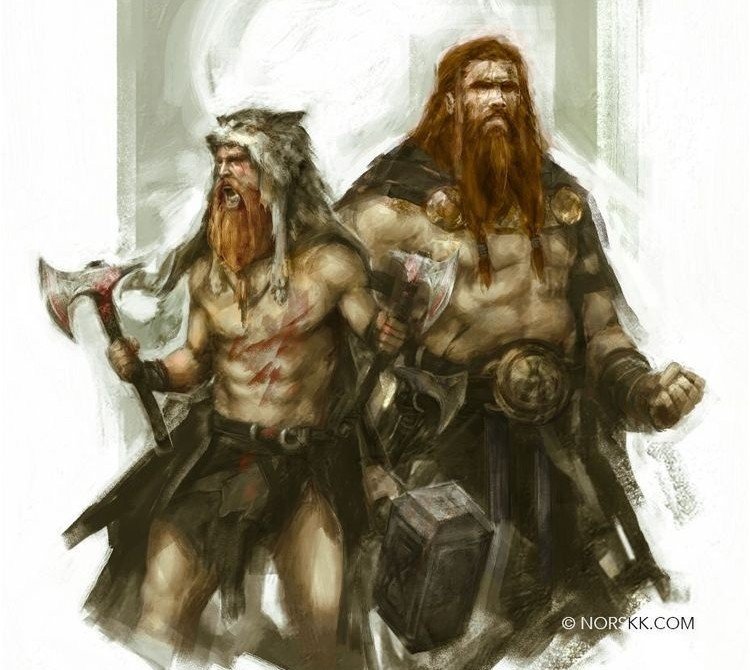
Meet The Norse Gods Part 1 The Aesir 🔨⚡ Mythology & Cultures Amino
In The Gods The collective name for the the principal race of Norse gods; they who lived in Asgard, and with the All-Father Odin, ruled the lives of mortal men, the other was the Vanir. The Aesir gods under the leadership of Odin, included: Balder (god of beauty) Bragi (god of eloquence) Forseti (god of mediation)

Aesir & Vanir Gods & Goddesses of the Vikings dInfinity Gods and goddesses, Viking symbols
In Old Norse, the Æsir or Aesir are the principal gods of the Norse pantheon. They are one of two major clans of Norse deities (the other being the Vanir ). Among the Aesir are many famous figures found in the Scandinavian tales such as Odin, Frigg, Thor, Baldr and Tyr.

The Aesir Norse mythology, Nordic artwork, Viking life
The War of the Gods The Vanir goddess Freya was always the foremost practitioner of the art of seidr, the most terribly powerful kind of magic. Like historical seidr practitioners, she wandered from town to town plying her craft for hire. Under the name Heiðr ("Bright"), she eventually came to Asgard, the home of the Aesir.

The rune Ansuz Aesir all! Wise of Valhalla! strength in the roots wound shall be strength in the
The word Aesir refers to the most prominent clan of gods in Norse mythology. This is the clan to which great gods such as Odin and Thor belong. Technically, although the word Aesir refers only to multiple male gods, we use it today to refer to the entire pantheon of gods and goddesses in Norse mythology. Who are the Aesir?

Aesir & Vanir Gods & Goddesses of the Vikings dInfinity Gods and goddesses, Vikings, Norse
Aesir, in Scandinavian mythology, either of two main groups of deities, four of whom were common to the Germanic nations: Odin ( q.v. ), chief of the Aesir; Frigg ( q.v. ), Odin's wife; Tyr ( q.v. ), god of war; and Thor ( q.v. ), whose name was the Teutonic word for thunder.

The Aesir Mythologische wezens, Goden en godinnen, Mythische wezens
The Twelve Most Important Gods in Norse Mythology; Ymir in Norse Mythology: A Cosmic Creation Story; Perhaps the easiest way to differentiate between them are their spheres of influence. Whilst the Aesir and Vanir were both tribes of gods, the Jotun were giants. The Aesir represented war and conquest, whereas the Vanir embodied fertility and.